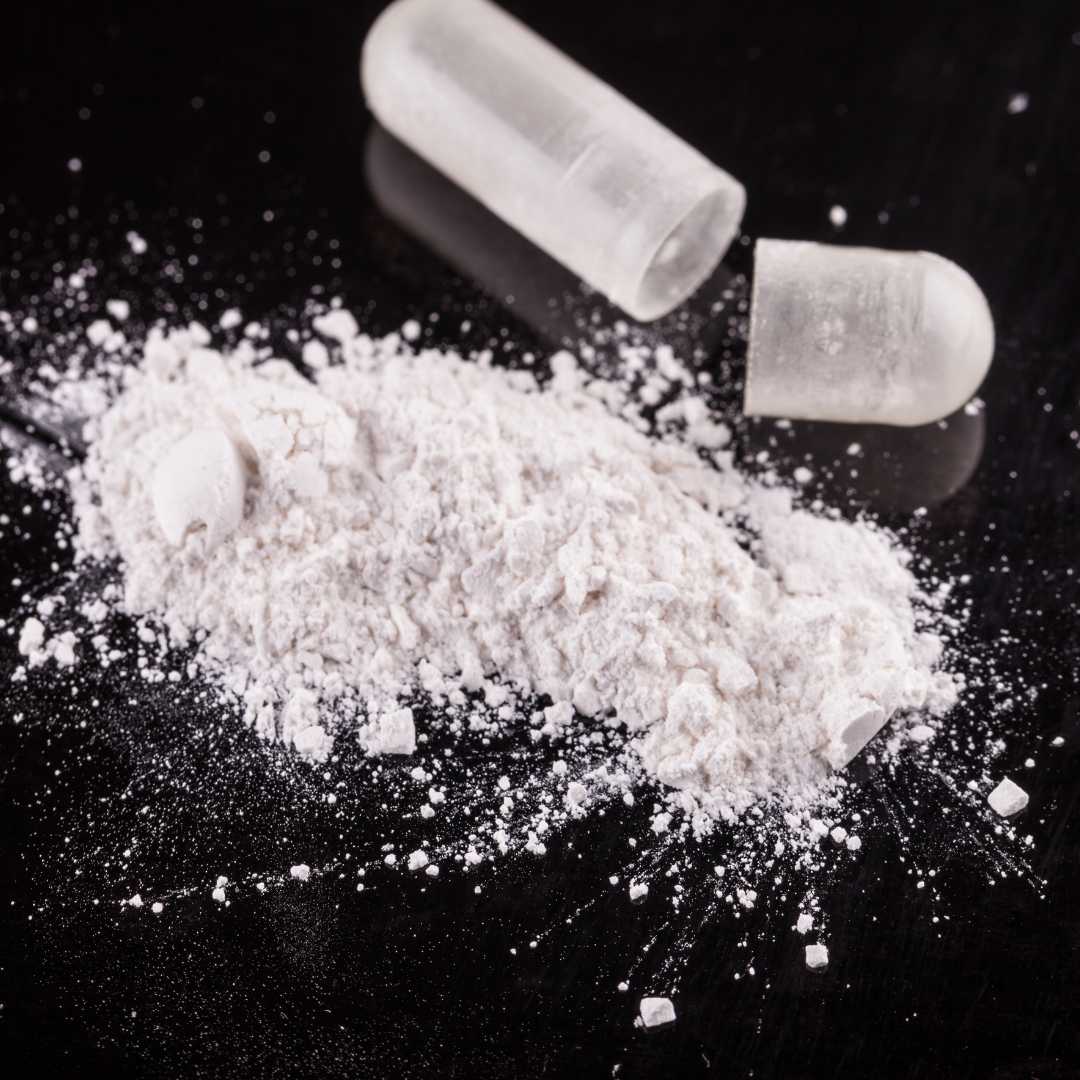|
Smells Evoke Memories in People
We all have felt that amazing sensation when, while smelling that chocolate soufflé, a coffee, a tea, a muffin, or a warm soup, out of nowhere, one of our most loved, (we thought forgotten), childhood memory suddenly seems to be there, present, and we “feel” it so vividly that we are taken back in time, ten, fifteen, twenty years ago when we were just kids and we're playing on the ground. As a matter of fact, there is a strong connection between smells, emotions, and early life experiences; so, in other words: memory and smell are interconnected, not only because through our memory we learn to remember smells, but, because various parts of our brain synchronize at the same time to generate functional networks. In addition, smell serves as a survival function and our receptor cells are extremely specialized to particular odors. So, how does this happen?
The Connections Between Memory & Smells
Some neurology researches suggest that when you come across a well-known smell, it brings a memory or a particular mood in you; and that the impact of this odor on your memory is due the existing relationship among: the olfactory bulb, the amygdala and the hippocampus and all the internal connections maintained between them. This theory suggests that the olfactory bulb is in continuing contact with the amygdala and hippocampus, structures of the limbic system (which is associated with memory, emotions, motivations, specially the ones related to survival). The olfactory bulb allows us to process all aromas since the more common one (such as coffee), to the most rare we can find. The amygdala is involved in processing emotions, storing memories of emotional events, among other functions, and the hippocampus is related with learning functions; it helps us consolidate information and transport it from the short-term memory to the long-term memory (functions we lose when, for example, we suffer from Alzheimer's Disease). As a result, memories, sometimes with an emotional component, are brought to us instantly, after our receptor cells and brains process the existent smell “stored” in our memory.
How Past Smells are Brought to Our Present? As stated above, our ability to smell is extremely associated with memory; when you remember a smell:
This process increases the clarity and intensity of that remembered moment, and the information “will come easily to you” while smelling that odor yet again. It explains, somehow the reason why not everyone likes the same smells, as they are not associated with the same good or bad memories.
Why do we remember past memories and often childhood memories with smells?
We start learning long before we’re born when we’re just fetuses and are inside our mother’s belly. So, it’s not really surprising the existent connection of certain smells and our childhood memories even before we’re born. Furthermore, most of the things we experience by the first time happen when we’re just kids, so any odor we rarely smell will trigger pleasant or unpleasant feelings and memories in us. And of course, we will have a preference for those smells that are comforting and related to our childhood positive experiences, so, somehow it’s all about conditioning. In conclusion, we know why smells are important for us; they provide us a “survival function” (helping us not to eat rotten or poisoned food nor damaging substances), they allow us to perceive a huge part of the human experience and as aromas are so unique and we’ll find them in very rare occasions, they can easily transfer us back a decade. The associations between smells and memory are made very quickly, since our brain is receiving information continuously and then transporting it to other parts of it. Given that, there are many things we can forget, but, even when we’re adults, we still make associations between smells and memories. Our brain has an amazing network of connections that are synchronized for our use and survival, let’s use them wisely.
For More information about Neurological Research or Neurology Treatments, please click on the button below!
|
Drea Duque













.png)
.png)






Share this listing